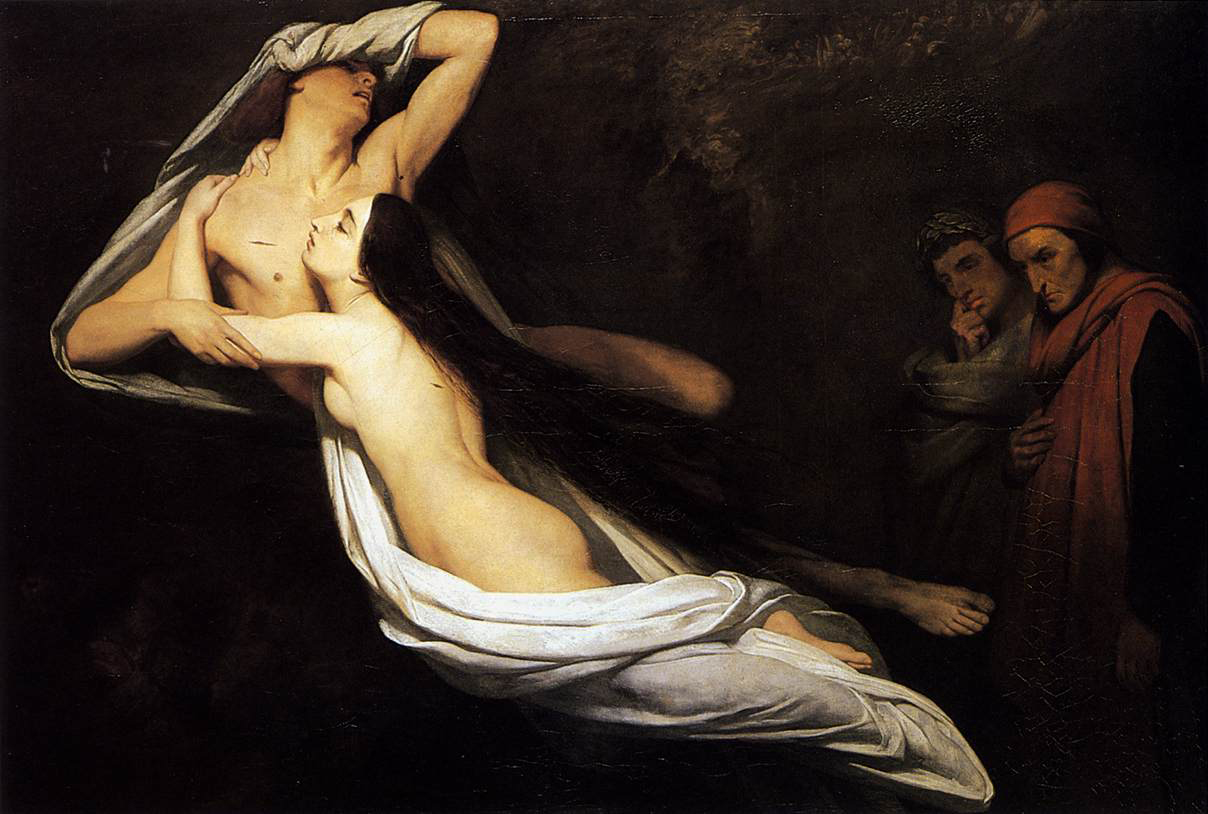 Once upon a time, I had this nifty idea: explore the origin of the Capulet-Montague feud by placing it in the historical context for Shakespeare’s Romeo & Juliet. They were real families, after all, mentioned by Dante in the Divine Comedy. And based on a little-noticed line at the end of the play, I found a cause for the feud that spurred this whole series of books.
Once upon a time, I had this nifty idea: explore the origin of the Capulet-Montague feud by placing it in the historical context for Shakespeare’s Romeo & Juliet. They were real families, after all, mentioned by Dante in the Divine Comedy. And based on a little-noticed line at the end of the play, I found a cause for the feud that spurred this whole series of books.
The idea is this: Lady Montague is supposed to marry Lord Capulet, but elopes with Lord Montague instead. The deep friendship between Capulet (Capulletto) and Montague (Montecchio) is shattered, and the feud begins. Boom.
The unintended consequence of this was that I had to invent a character for Lady Montague, who has a mere two lines in the play. The servant Potpan has a more defined character than Romeo’s mother. Hell, unnamed musicians have more personality than she is given. So I had free reign.
I named her Gianozza, named for an early version of Juliet in Masuccio Salernitano’s 33rd Novel from Il Novellino. That story involves secret marriages, deaths of kinsmen, and a young groom fleeing to Alexandria. Because I was setting up a prequel to the famous story of star-crossed lovers, I liked the idea of using the names from that earlier version of R&J.
And somewhere along the line I ended up creating a character my readers love to hate.
Gianozza’s not evil. She’s not a schemer or a villain. Instead, in creating her character, I took her son’s main failing in the play and decided he learned it from her.
Gianozza’s in love with Love.
She’s especially fond of love poetry, and becomes fixated with the story of two doomed lovers Dante uses in The Inferno. She fails to notice that the lovers in question are in Hell. Instead she starts to idealize their doomed romance, with disastrous consequences. She aims to have a great love story just like theirs. And in so doing she sets up a great tragedy.
It all ties into the notion of Courtly Love, of love for love’s sake. Dante had his great love, Beatrice. She was not his wife. She was his muse. And when she died, he was able to love her completely, because his love wasn’t for the real Beatrice. It was for the idealized version of her.
Courtly Love is great for poetry. It’s just lousy for life.
In The Prince’s Doom we see Gianozza fifteen years after her marriage to Mariotto Montecchio. By now the marriage is strained. Not because her husband doesn’t love her. But because she’s no longer the center of attention. The only real attention she gets is from Antony Capulletto, still pining for her after all these years. Unconsciously, she stokes the feud, keeping it alive. There is a moment where Mariotto and Antony could reconcile, renew their friendship, end the feud. But Gianozza can’t help inserting herself once again, with disastrous consequences. Instead of burying the feud, she keeps them on the path that will end with them burying their children instead.
But she can’t help herself. She has defined herself through being loved by two men, men who are willing to fight and even die for her. She is the new Helen of Troy, the catalyst for great deeds. If she doesn’t have that, who is she?
A couple years ago Sean Graney adapted all the classic Greek dramas into a single day-long event which he entitled All Our Tragic. The title comes from a line that he gives to Clytemnestra: “All our tragic happens because we love someone we shouldn’t have.”
Truer words were never spoken. Because the best drama doesn’t come from hate. It comes from love.
(For more essays and insights on Shakespeare's Romeo & Juliet, download ORIGIN OF THE FEUD – just $1.99! Exclusively on Amazon Kindle)

